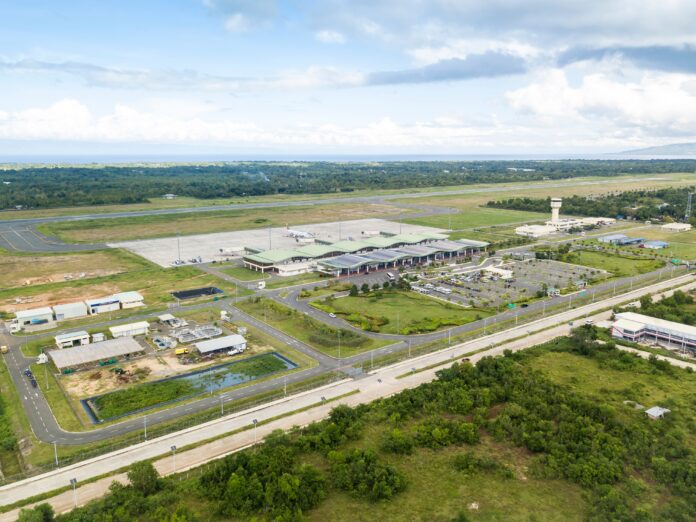Aboitiz InfraCapital, Inc. (AIC), the infrastructure arm of the Aboitiz Group, has formally assumed operations of the Bohol-Panglao International Airport (BPIA), marking a major step in its strategic expansion across the Philippine aviation sector. The handover ceremony, held Monday, concluded the official transfer of management from the Department of Transportation (DOTr) and the Civil Aviation Authority of the Philippines (CAAP).
BPIA, dubbed the country’s “Green Gateway to the World” and the ninth-busiest airport in the Philippines, becomes the third major airport under AIC’s management, joining the Mactan-Cebu International Airport (MCIA) and Laguindingan International Airport (LIA).
“This project is about more than infrastructure — it’s about enabling tourism, empowering local economies, and creating more inclusive growth,” said Cosette V. Canilao, AIC president and CEO, during the turnover. AIC plans an initial ₱4.53 billion investment under a public-private partnership to upgrade BPIA, including expanding the passenger terminal, modernizing facilities, and installing advanced systems. These improvements are expected to raise passenger capacity from 2 million to 2.5 million annually in the short term, with long-term capacity aimed at 3.9 million by 2030.
Rafael M. Aboitiz, AIC vice president and head of the Airports Business, emphasized that BPIA’s transformation is aligned with the group’s vision of delivering world-class gateways: “We are committed to transforming BPIA into a globally competitive airport that reflects the beauty and hospitality of Bohol.”
For airport managers and owners, this move consolidates AIC’s footprint in the Visayas and supports its push for efficient, tech-enabled transport infrastructure. For travelers, it signals the promise of improved service standards, increased capacity, and smoother travel across regional hubs.
With this takeover, AIC reinforces its role in shaping the future of Philippine air travel through private-sector-led innovation and infrastructure development.







